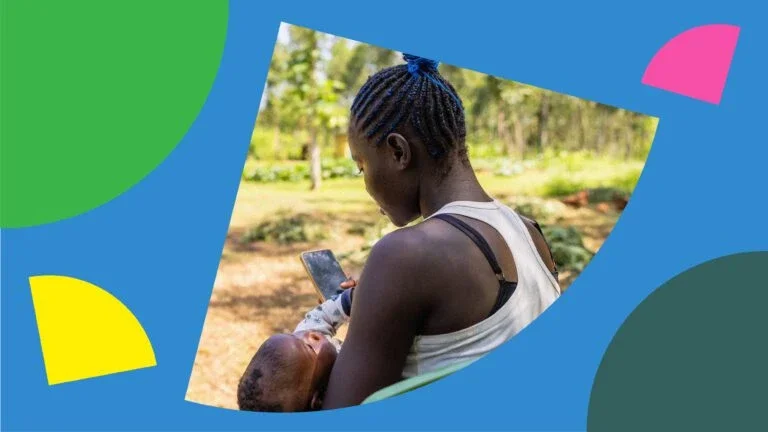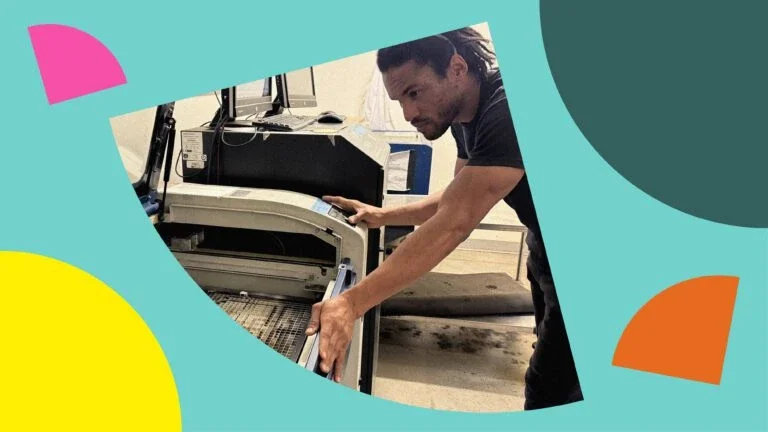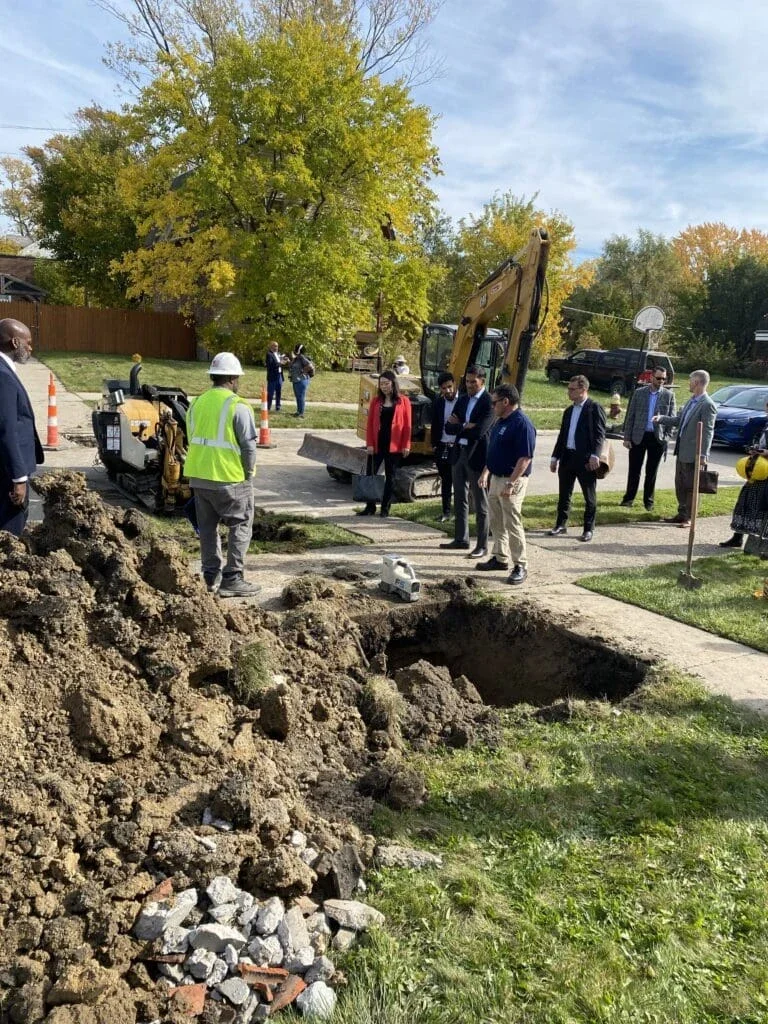A Brain Trust session contains the following ingredients:
- •The session is centered around a challenging question brought by a host that has no straightforward answer. The goal is not to “solve a problem,” but rather to share insights, examples, and recommendations for greater impact. The question should be broad enough that there is no “right answer,” but narrow enough that the host walks away with new lines of inquiry.
- •7-8 additional participants come together for one hour, each bringing a different experience not only from the host, but also from one another. They are invited to speak from personal experience and their own unique perspective on the topic – no additional preparation is required.
- •A summary is promptly shared out with all participants following the session. The summary includes concrete examples and key takeaways for the host to consider.
- FEATURE
April 2024
Welcome to the April 2024 edition of the Bellagio Bulletin! This issue was filled with stories of human progress and ingenuity as Bellagio alumni dared to take on the world’s biggest challenges.
SEE MORE



